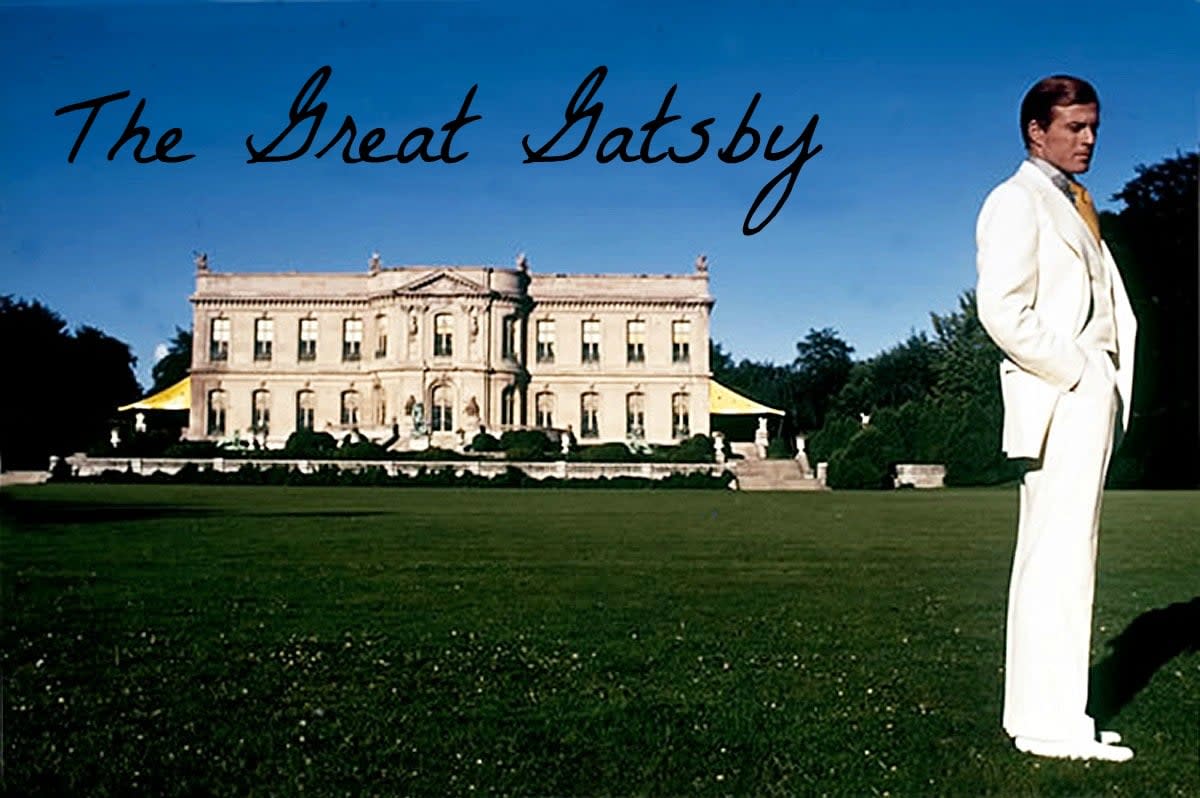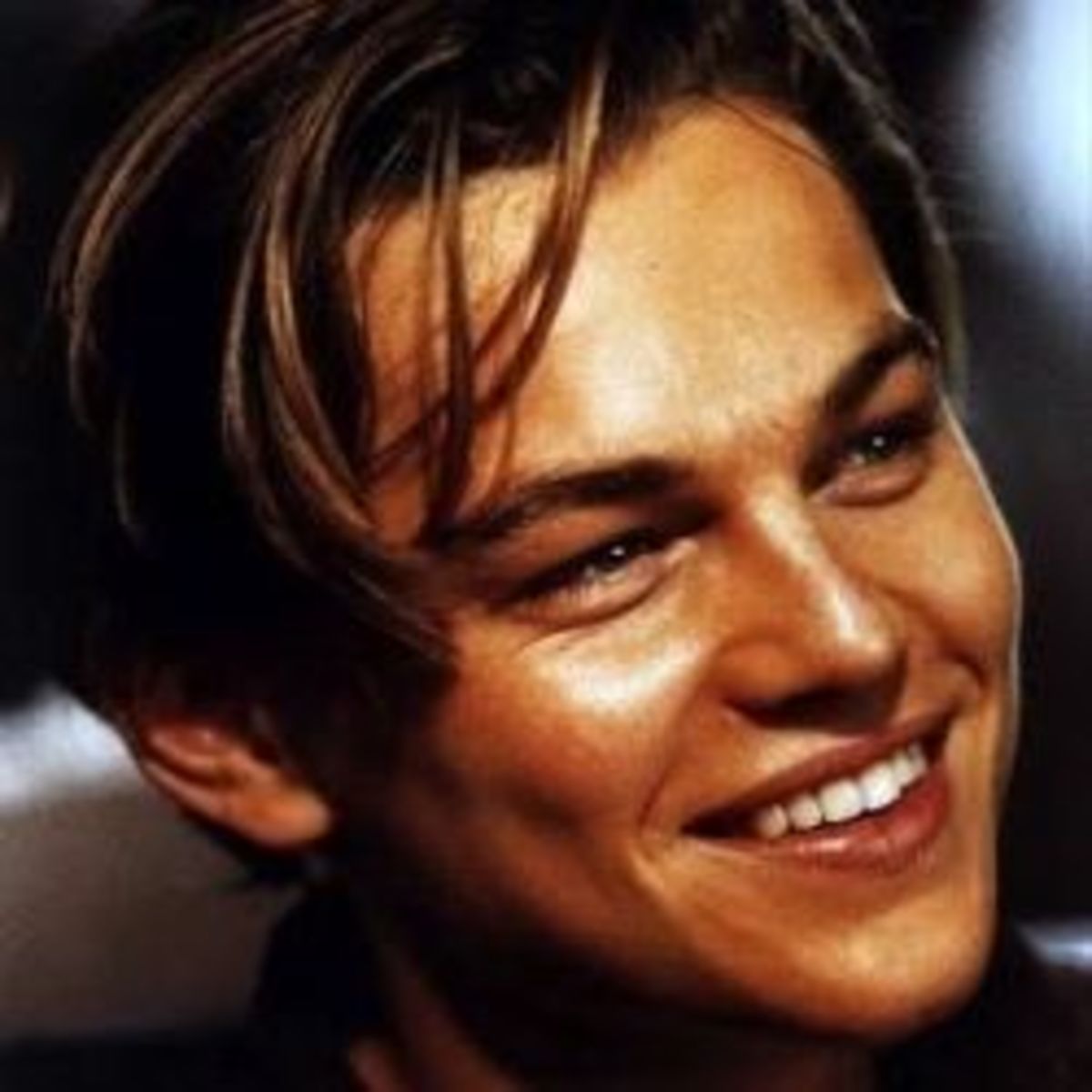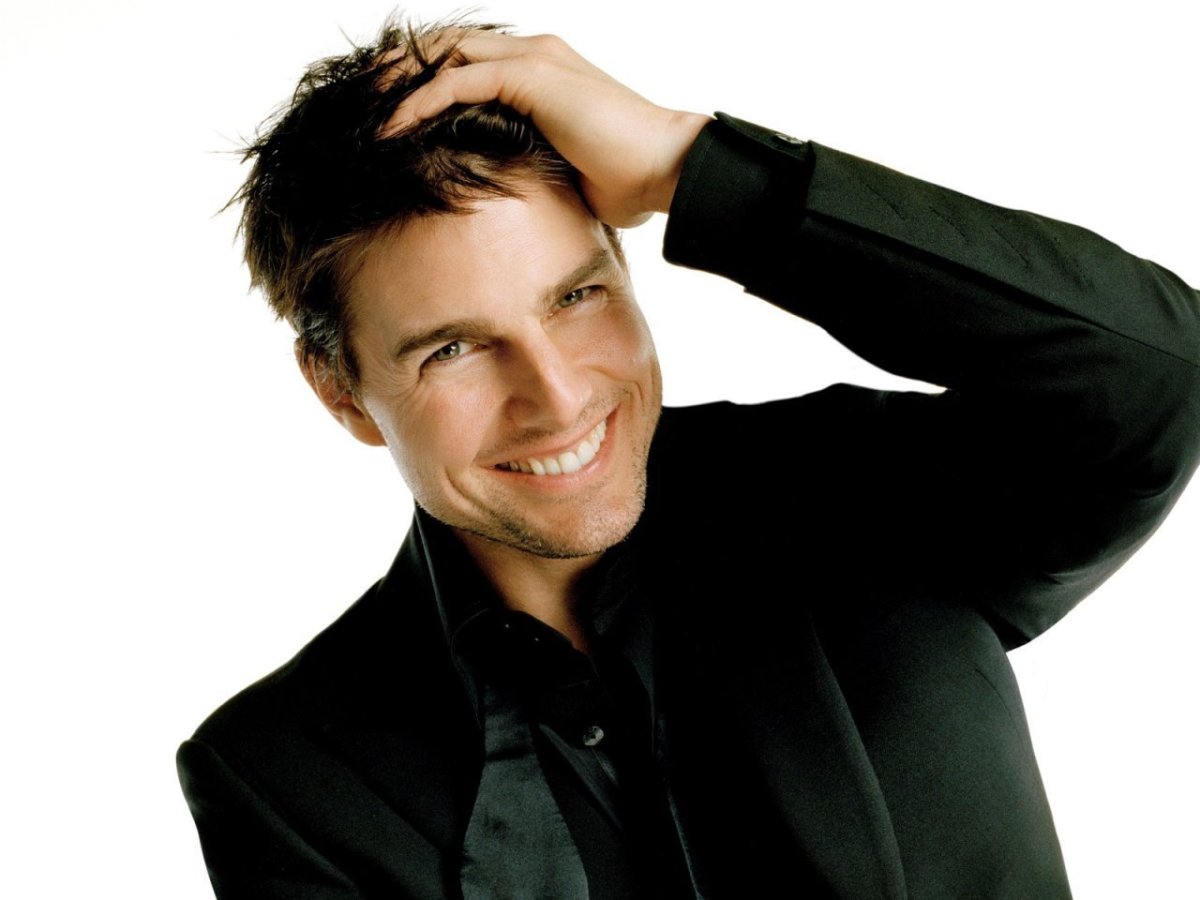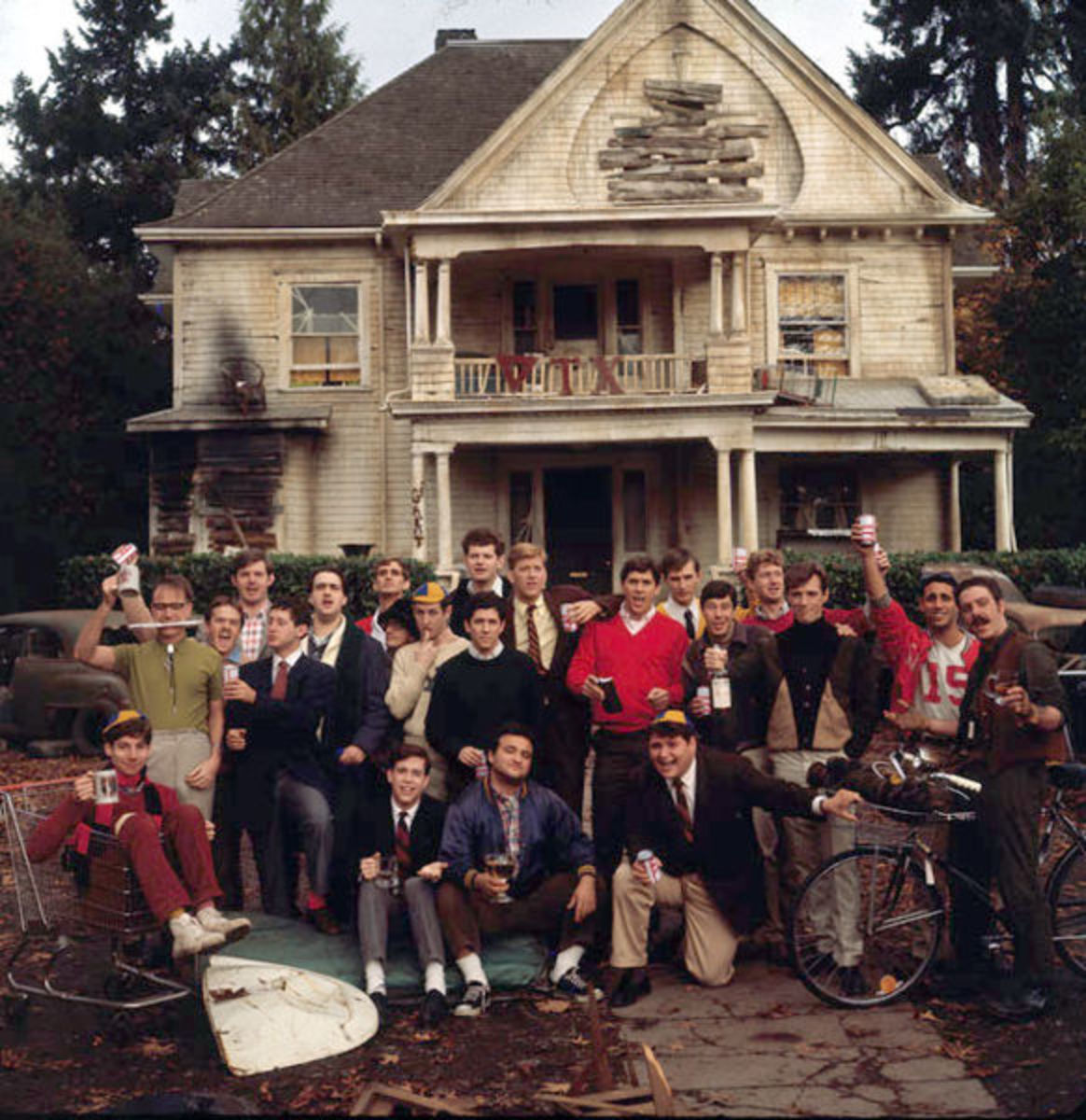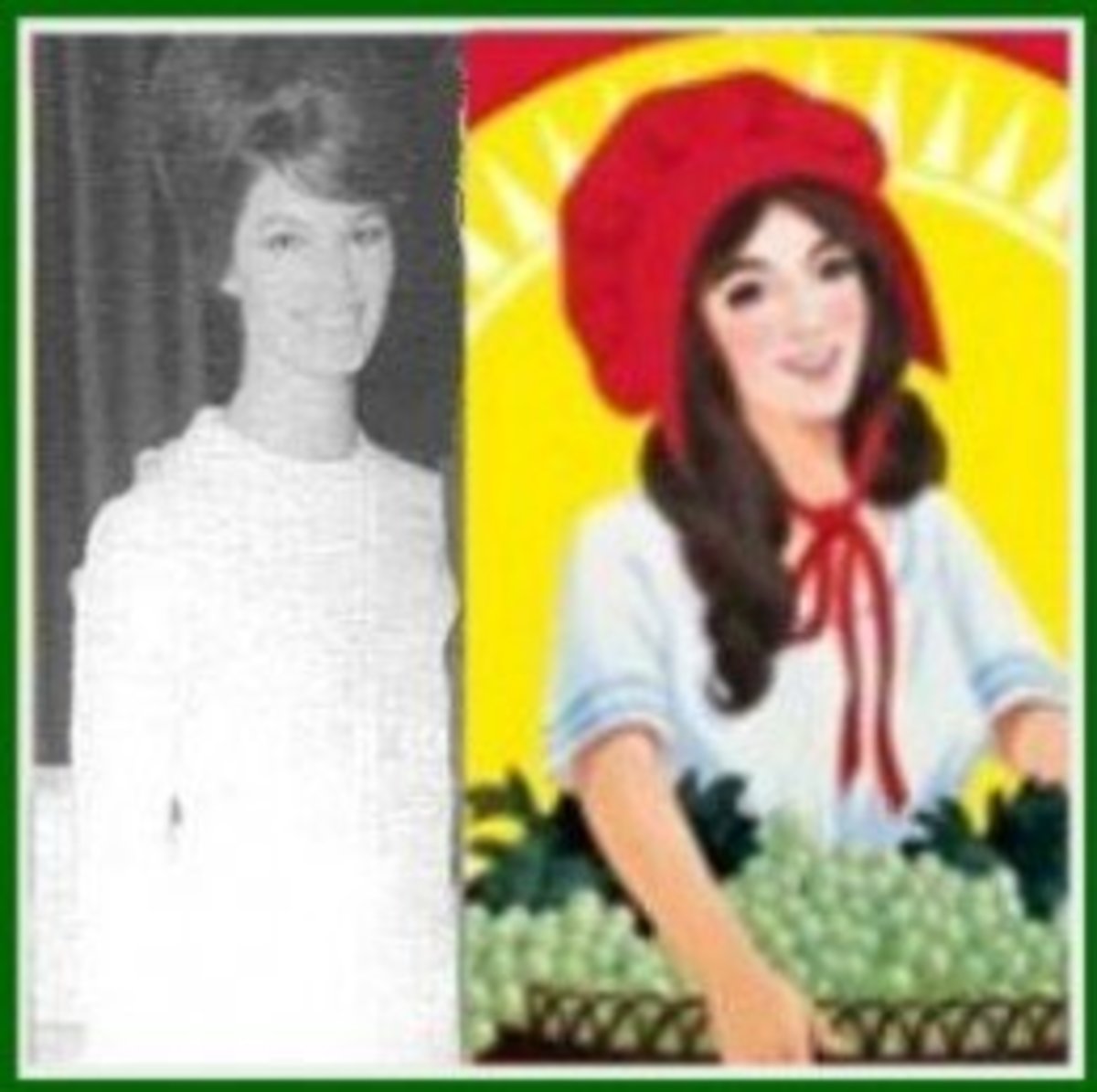Robert Redford - not just an actor, but a man of integrity
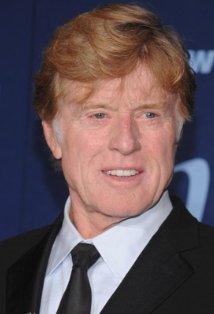
My favorite RR movies
Barefoot in the Park 1967
Downhill Racer 1969
The Candidate 1972
Jeremiah Johnson 1972
The Way We Were 1973
The Sting 1973
The Great Gatsby 1974
Three Days of the Condor 1975
The Great Waldo Pepper 1975
All the President''s Men 1976
A Bridge Too Far 1977
Brubaker 1980
The Natural 1984
Out of Africa 1985
Legal Eagles 1986
Havanna 1990
Sneakers 1992
The Horse Whisperer 1998
Spy Game 2002
The Company You Keep 2013
He's older now and the face is lined, but he's still the handsome, iconoclastic actor I remember after all these years.
I first noticed Robert Redford in 1969 in his movie, Downhill Racer, and was mesmerized by his good looks. I loved the movie and from then on wanted to become a skier which I did.
But, I noticed with this movie, beyond the good looks, was an interesting look at the character he played, David Chaparelle, and his motivations for skiing, for skiing competition and his 'win at all costs attitude.'
Here was an actor in a movie that said something; that was more than just a good-looking actor (okay, beautiful, gorgeous and a hunk) trying to be a movie-star.
Here was an actor that played in a movie that was trying to put forth a message about winning and winning at all costs. The movie made me think, and so I thought this was an actor of whom's films I wanted to follow.
Then, in his next movie Jeremiah Johnson (1972) I was hooked. I was his fan for life afterseeing this movie about a man, who right after the Civil War, takes off into the Rocky Mountains to become a mountain man so as to live an authentic life - one with integrity and independence. The experience changes him and he learns to adapt to and live with the forces that go with the mountain life.
And, this movie had respect for the native American and taught me how we had exploited them and summarily dismissed their culture and took their lands from them in the name of Manifest Destiny.
I look at that movie today and I see it is an allegory for the life of Robert Redford, the man. Robert Redford, a movie star and icon of our culture, is a man who has rarely 'sold out' and has lived a life like Jeremiah Johnson - a life of integrity and independence. He has made his mistakes, but he has fought the good fight and he has always walked the talk.
This is why Jeremiah Johnson has always been my favorite Robert Redford movie and always will be. It not only represents integrity and independence, it represents the man himself and his life. The movie took my breath away with the gorgeous scenery and story and so did the actor, Robert Redford.
Robert Redford is not just an actor, but a film director, producer, businessman, conservationist, environmentalist, philanthropist and founder of the Sundance Film Festival and the Sundance Institute for film making.
He has worn many hats in his life. But, the one thing that has always made me have respect for this man is his integrity and authenticity which has allowed him to make films that always have a message to them. He has given back to the acting and film industry with his Sundance Institute which supports independent film makers and helps them to get a start in film making.
I hadn't seen one of his films in a while, but I recently caught his film, The Company We Keep (2013) and I was not disappointed. He both starred in and directed this movie, of a man who had been a dissident back in the 1960's and part of the Weatherman and Students for a Democratic Society, that basically were home grown terrorists groups blasting and bombing their way to a more free and democratic society.
I do not now and did not at the time condone this behavior and this way of bringing attention to democratic ideals, but the film was interesting to say the least and of course, had a message.
After the 60's and creating their mayhem, many of the dissidents went underground and then hid in plain sight by forging alias names and lives that pretty much conformed to the suburban homogenized life they were ranting against. However, they remained on the FBI's most wanted list.
Robert Redford plays, Jim Grant, an attorney and one of these dissidents who after thirty years is about to be outed by a young journalist and arrested for a murder and bank robbery that he has not committed and in which he was not involved. Now he must now find his former lover and fellow dissident and ask her to go to the FBI and clear his name.
Again a film with a message and a moral dilemma that poses the question, what would you do? Another Redford film that sends a message. I could relate to the movie in that the company we keep can complicate a life and force us to examine ourselves and the choices we make.
All of his films have done that for me. They have made me look at my own life and examine what would I have done in that same or similar situation? How would I resolve the moral dilemma with which he presents us? In Robert Redford's world life is not black or white, not black and white, it is gray and it is in this gray area that the moral dilemmas exist that he presents to us in his films.
So, not only are his films entertaining, but they have made me think. And that's a good thing.
The Company You Keep (2013)
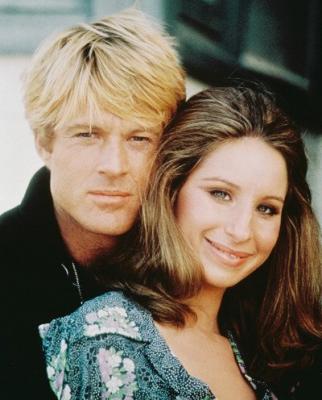
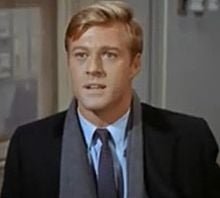
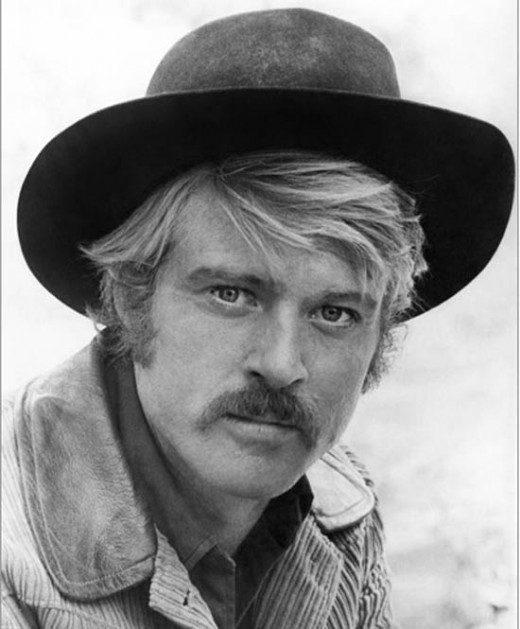
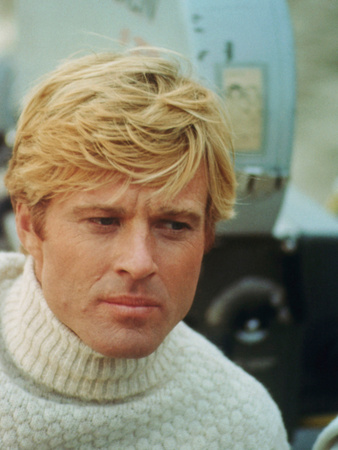
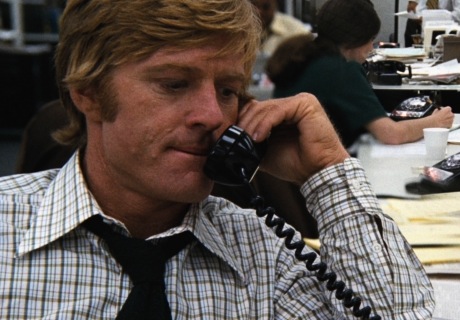
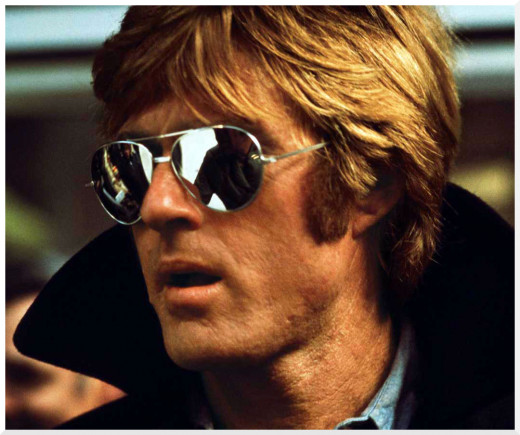
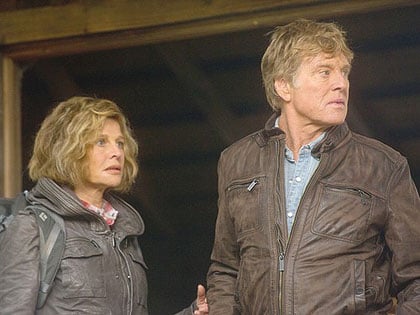
His Life
Charles Robert Redford Jr. was born on August 18, 1936 in Santa Monica, California. He was close to his mother but not as close to his father, especially during the teenage years and beyond. In his teenage years, he was a hot-shot who realized his good looks and romanced the girls and with the guys was almost a juvenile delinquent.
He graduated from Van Nuys High School in Van Nuys, California and then attended the University of Colorado in the 1950's for a year and a half studying art and painting but was asked to leave because of poor grades.
He then went off to live and paint in Europe in France, Spain and Italy. He worked as an artist, painting, and sold just enough paintings to maintain a survivalist's life in Europe. He resided in Europe for a couple of years and then returned to the United States. A relative helped him to study acting by getting him a place at the American Academy of Dramatic Arts in New York City.
By this time he had met Lola Van Wagenen, who was to become his first wife (1958-1985), a pretty co-ed at Brigham Young University and a Morman.
They corresponded back and forth while he was in NYC at the academy and finally married in 1958 and then Lola joined him in New York city.
They have four children together, Scott Anthony, Shauna, James and Amy, but sadly Scott Anthony died at age two months of sudden infant death syndrome. Both Redford and his wife were shattered by his death and traveled across country to try to get over it. They eventually returned to New York city and Redford resumed acting.
Redford's acting career actually began in television in New York City in 1959. He guest starred on numerous TV programs such as The Untouchables, Perry Mason, Alfred Hitchcock Presents, Rt.66, Playhouse 90, and The Twilight Zone among several others at the time.
He won an Emmy for Best Supporting Actor in The Voice of Charlie Pont (ABC, 1962).
His Broadway debut was in Tall Story (1959). He then went on to star on Broadway in Sunday in New York (1961) and Barefoot in the Park (1963) and later would star in the movie by the same name.
His film debut was in War Hunt (1962) directed by Sydney Pollack and the two men would become friends and share a lifelong collaboration in films. In fact, later Redford with Pollack would begin their own production company, Wildwood, and direct and produce their own films through this company.
His break out film as a bonified star was in 1969 with Butch Cassidy and the Sundance Kid, directed by George Roy Hill and scripted by William Goldman. What a movie!
It paired him with Paul Newman with the two of them playing loveable but sometimes bumbling bank and train robbers. The witty repartee between the two characters and their magnetism and charisma made them charming, likable and good guys so you rooted and cheered for them and felt badly in the end when they were ambushed and killed South America.
This film was a huge success and made him a bankable movie star with a screen image as an intelligent, reliable, sometimes sardonic good guy. Redford was nominated for an Oscar for his role.
From this time on through the 1980's Redford was at the top of the movie charts starring in movies that audiences loved, whether the critics did or not.
The Sting (1973) was his biggest hit of his career and a blockbuster crime caper con game. He and Paul Newman, a hit in Butch Cassidy and the Sundance Kid, paired again as two charismatic, charming con men conning a Chicago mobster out of his money. It was hilarious and a huge hit. The audiences loved it and again Redford was nominated for an Oscar.
This hit was followed up with another hit, The Way We Were (1973), which had Redford starring with Barbra Streisand in a period piece that was foremost a love story and second a statement about the communist witch hunts in the film industry during the McCarthy Era of the 1950's. This also was a blockbuster film and Redford's popularity as a movie star continued to soar.
One of the next films Redford starred in was Three Days of the Condor (1975), about the CIA and how corrupt it had become in making middle east oil and the illegal deals CIA members had made in the middle east as more important than the nation's integrity and intelligence.
Redford plays the main character who returns to his CIA office in New York City after a lunch run to find everyone assassinated. In hiding and investigating why they were all assassinated, he finds he and his collegues were betrayed and killed by their own CIA.
Redford's next movie was All the President's Men (1976), the story of Bob Woodward and Carl Bernstein, reporters for the Washington Post, who broke the Watergate Scandal and whose reporting and investigation of a mere burglary at the Democratic National Headquarters brought down the presidency of Richard Nixon. Redford played Bob Woodward and Dustin Hoffman, Carl Bernstein.
Redford wanted to make this movie because this story was near and dear to his heart because he had followed the Post's stories by Woodard and Bernstein and watched the Senate investigation and was interested in how it brought down Nixon, whom Redford never liked. He was mesmerized by the investigation and Deep Throat and wanted to make a film of the investigation. Redford had yet another hit movie on his hands.
What Redford finally won an Oscar for was for his film directing debut for the movie, Ordinary People (1980) which depicted the disintegration of an upper class American family after the tragic accident and death of their oldest son. Redford drew out a great dramatic performance from Mary Tyler Moore, who played the cold, repressed mother and wife of the family.
Here, Redford wanted to show and get into what was underneath the surface of the 'all American family', supposedly successful and happy and how this tragic death and event affected the lives of the wife, husband and son and what was left of the family now.
It really was a sad depiction of a mother, unable to connect and love her remaining son and virtually blaming him for the tragic accident. In the end, Mary Tyler Moore, the mother, leaves and deserts the family.
With this directing success, Redford went on to direct more films, but also continued to star in movies. Now, though, Redford had the money and acting and directing clout to pretty much make and direct the movies he wanted to and he always stubbornly kept his integrity and independence for each film he starred in and directed.
Redford went on to direct The Milagro Beanfield War (1988); A River Runs Through It (1992); Quiz Show (1994); The Legend of Bagger Vance (2000); Lions for Lambs (2007); The Conspirator (2010) and The Company You Keep (2013). Each had a statement or message he wanted to convey to the audience and in each film he directed or starred in he fought for the integrity and authentic statement he wanted to make.
Some of these movies were not big money makers and some were panned by the critics. But Redford has always stood by his independent and authentic message he was trying to make to the audience.
Redford himself is most proud of directing Quiz Show, which is a depiction of the quiz show scandals that were on television in the 1950's. To Redford, this film represented and magnified the lies and corruption inherent in our society and government and he felt this statement needed to be said.
Redford is still working in films and there are plans in the future for more starring roles in films and more of his directing films. I can't wait to see what he brings us next!
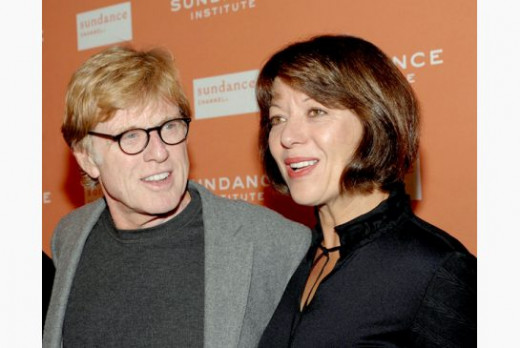
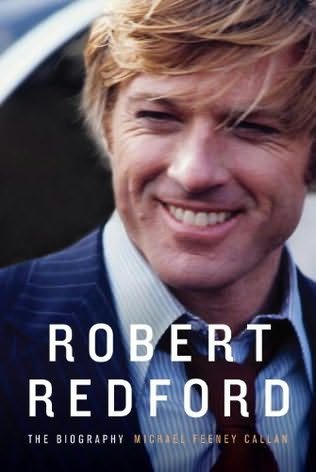
Awards
Oscar for Best Director 1981
Honrary Doctor of Humane Letters from Bard College 1995
Awarded National Medal of Arts 1996
Lifetime Achievement Award / Honorary Oscar 74th Academy Awards 2002
Kennedy Center Honors 2005
The Dorothy & Lillian Gish Prize 2008
Honorary Doctor of Fine Arts from Brown University. Spoke at 240th Commencement Exercises 2008
USC School of Dramatic Arts - First annual Robert Redford Award for Engaged Artists 2009
Appointed Chevalier of the Legion d' honneur 2010
Conservationist, Environmentalist and Independent Film supporter
Very early in his career, around 1963, Redford bought some land on the east side of Mount Timpanogos northeast of Provo, UT. From his childhood and his immediate and extended family, Redford had learned to honor nature, native Americans and the land.
So, the first purchase he wanted to make with any money he made in acting was acres of land in the west. He chose Utah because of his wife, Lola's Morman roots and because of the vast and beautiful nature and land all around him.
He built an A frame house on the land by himself and this became the Redford's permanent home for their family. He learned that developers wanted to purchase land near his home to build condos and tract neighborhoods and the authentic life he wanted came to the fore for him.
He bought approximately two thousand acres, practically the entire mountain and canyon below to stop the developers from ruining the land. He has preserved this land and his original home for posterity by ceding this land, after he dies, to be made into a park and the land unable to be developed commercially.
He named the land Sundance after his famous role in the movie and it has been known as this since then. In purchasing the two thousand acres he purchased a small ski resort that was already on the land. He opened the ski resort and a restaurant under the name Sundance and ran that to help pay for the land and the taxes on the land.
In the meantime, when Redford was not making or directing a movie, he spent his time as an environmentalist. He was instrumental in keeping Cal Edison (The California Edison electric company) from building and developing in Utah. He worked on the state and federal level to maintain the pristine Utah lands that were not owned by him. This has became very important work over his entire lifetime. He continues to work and speak out on environmental issues, especially in his beloved Utah.
Although Redford has owned many homes throughout the U.S., Sundance has remained the love of his life and his home base. He eventually had a larger home built above the A frames and that is his home base today.
Eventually, the Sundance ski resort was turned into the Sundance Independent Film institute because Redford had always wanted to support independent film makers. Here blossoming students in film could learn directing, cinematography, script writing and producing of independent films away from the 'Hollywood' film industry.
Redford wanted a place for independent film makers where they could study and make films to preserve the purity and quality of film making where film makers would not have to conform to 'Hollywood' styles of making films.
Next, he founded the Sundance Film Festival (1981) at Park City, Utah near his home to show and market these films. The film festival is one of the most popular and well known in the world today and takes place every January.
This is why Robert Redford has always been my favorite actor and film maker. I like that he has maintained his integrity and has given back to the film industry through his Sundance Institute and Sundance Film Festival.
He has stubbornly maintained his independence in a Hollywood film industry that is sometimes fickle, silly, and contemptible. He has risked not starring in or directing and producing a movie rather than compromise his values. There are very few men or women today that have done that.
He has leveraged his fame, good looks, money and intelligence to maintain his values and beliefs first and entertain us second. I admire and respect this man, actor, director. and producer. He has been and is still living an authentic life.


